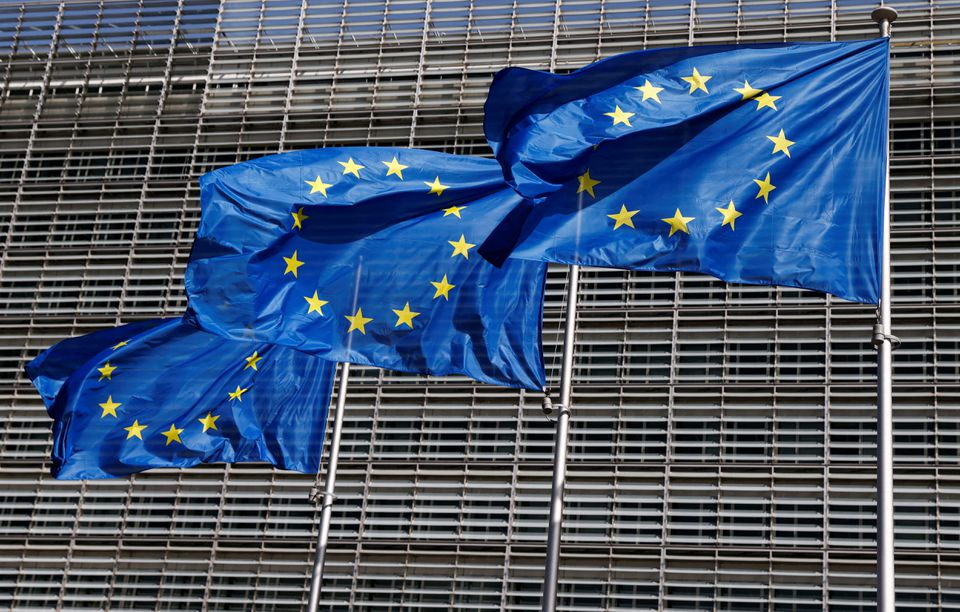BRUSSELS, (Reuters) – The European Commission has warned three Chinese electric vehicle makers that they have not supplied sufficient information for its anti-subsidy investigation, according to two people familiar with the case.
If the Commission concludes that the provided information from sampled companies BYD, SAIC and Geely is insufficient, it could use evidence available elsewhere to compute tariffs, a move that can inflate them.
Warnings of this kind occur frequently in EU trade defence cases. Indeed, for all 10 past anti-subsidy cases against China for which measures are still in place, the Commission used such “facts available” to fill in certain gaps.
The companies have been given the right to respond to the warning, the people said.
SAIC said it had “fully cooperated” with the Commission and provided all necessary information in accordance with World Trade Organization and EU rules.
“It is worth pointing out that commercially sensitive information – such as battery formulation – should not belong to this category,” it said in a WeChat message.
The company declined to comment when asked if Brussels had asked for battery formulation information.
Geely declined to comment. BYD did not respond to a request for comment late on a public holiday.
The China Chamber of Commerce to the EU said the reported allegations of non-cooperation were unfounded and that the companies had participated in multiple rounds of questionnaires and facilitated on-site inspections.
It added the companies viewed some of the EU’s demands as excessive, including tight deadlines for detailed paperwork, demands going beyond the companies’ capacity to provide evidence and requests for business-sensitive supplier information.
The Commission, which oversees trade policy in the 27-nation European Union, launched an investigation in October into whether battery electric vehicles manufactured in China were receiving distortive subsidies and warranted extra tariffs.
The China Chamber of Commerce for Import and Export of Machinery and Electronic Products (CCCME) said earlier this month that the investigation was stacked against Chinese manufacturers.
Among its complaints was the vast amount of information the Commission has demanded from the sampled Chinese producers.
“It cannot be precluded that the Commission may resort to what is called ‘facts available’ in trade defence parlance in order to inflate the subsidy margins,” CCCME vice president Shi Yonghong said then.
The investigation, officially launched on Oct. 4, can last up to 13 months. The Commission can impose provisional anti-subsidy duties nine months after the start of the probe.
Reporting by Philip Blenkinsop; Additional reporting by Brenda Goh in Shanghai; Editing by Kirsten Donovan and Andrea Ricci











